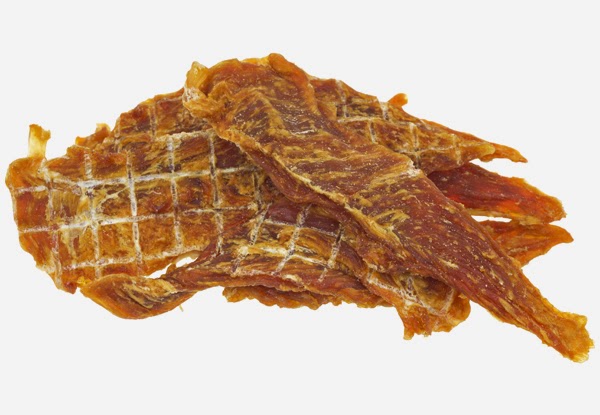When you made processed jerky, you put seasoning on the meat then added water. Would mixing water and seasoning together work?
Hello James,
Thanks for the question and yes, you can do that. Weston actually makes a variety of Jerky Seasoning Tonics that have dry and liquid ingredients already mixed - very similar to a liquid marinade. This makes it very simple to portion and skips over the step of adding the water separately.
When I'm using dry seasoning, the reason I add the water after putting the seasoning on the meat is so I'm sure to get all the seasoning on the meat. If you mix the water into the seasoning in a separate container you'll always have some seasoning left in the measuring container, then you have to rinse it out again. Both ways accomplish the same thing, no matter if you add the water to the seasonings or the seasoning to the meat and then the water. The water is only used to moisten the meat and liquefy the seasonings so they begin to dissolve and penetrate into the meat fibers quickly.
I hope this answers your question. Good luck this hunting season!
- Brad Lockwood
I hope this answers your question. Good luck this hunting season!
- Brad Lockwood






